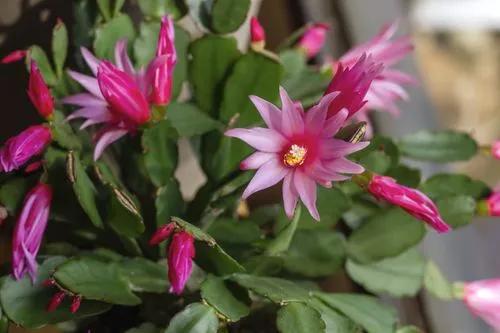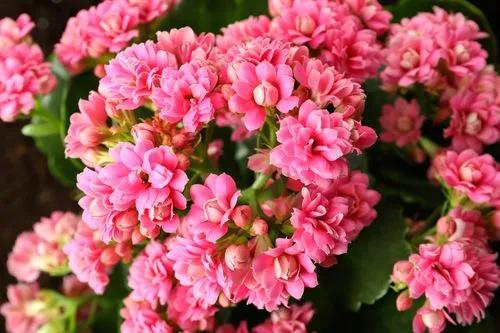Hylotelephium maximum is a robust, perennial plant producing a cluster of ascending stems 30 - 70cm tall from a tuberous rootstock.
The plant is harvested from the wild for use as a medicine. It has been cultivated for its medicinal use in the Caucasus, and is also often grown as an ornamental
Grand Stonecrop Care
Hylotelephium maximum



The genus Ochitnik combines perennial herbaceous plants - succulents. The underground part is represented by a thick conical root and a short tuberous rhizome. The stem is erect, relatively high, formed only for one season from the rhizome or lateral buds of last year (hemicryptophyte). In most species, nodules are clearly visible on the stem, from which fleshy leaves develop in the next order. In rare cases, the arrangement of the leaves is opposite or 3-5-whorled. The leaf blade is wide, flexible, with a solid, serrated or lobed edge and a rounded apex. The apical inflorescence is pyramidal-paniculate or corymbose, with many densely planted flowers. The flowers are white, pink, red or purple, occasionally yellowish or greenish, with four to five petals and the same number of bracts, unisexual or bisexual. 10 stamens
This plant is useful.
How to get rid of:
Pull the weeds out with your hands, not chop them down with the hoe. Many harmful herbs, for example, shytiry, are able to grow from the top of the root - they have dormant buds there.
How to Care for the Plant

Popularity

813 people already have this plant 132 people have added this plant to their wishlists
Discover more plants with the list below
Popular articles






